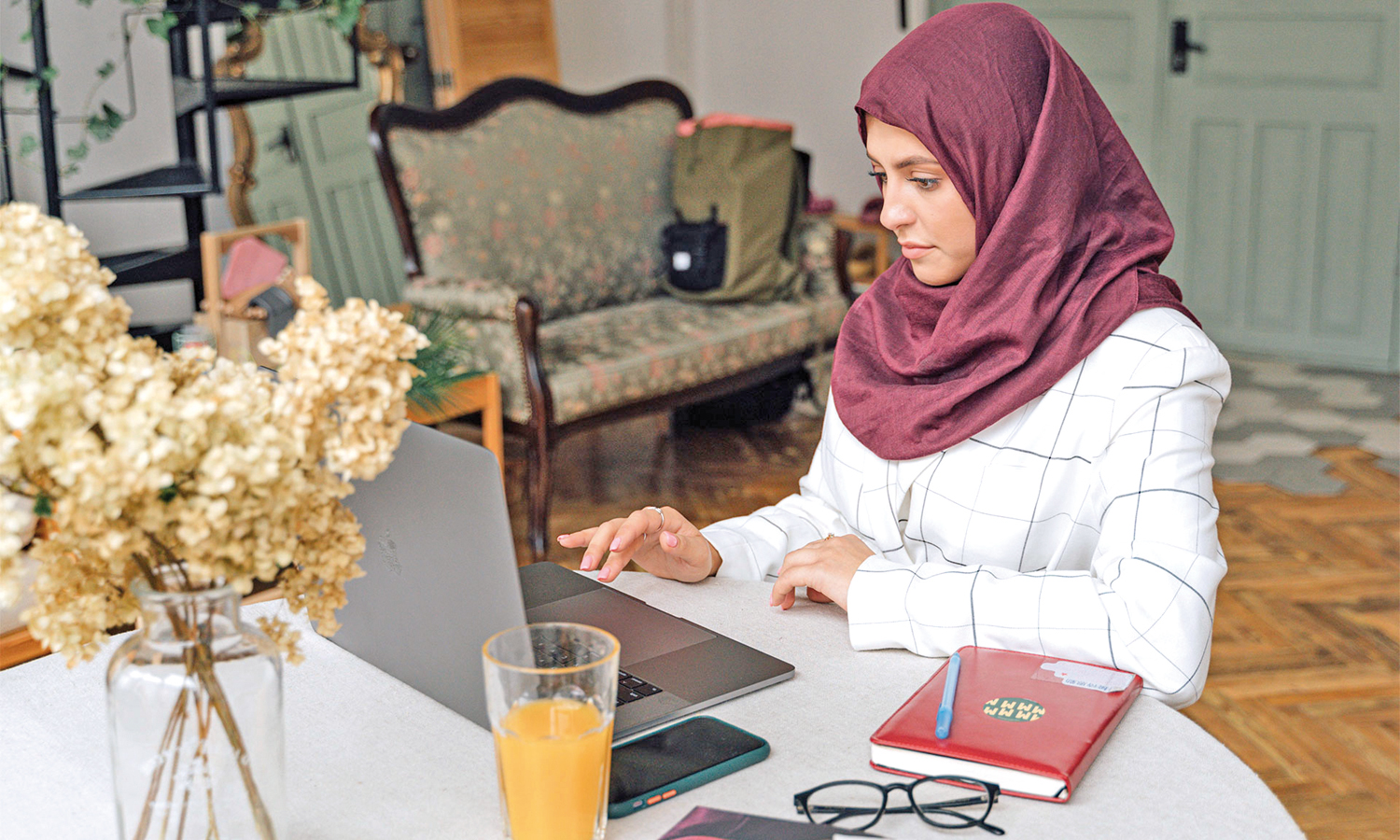

For many people, balancing home and career is a daily challenge. It is an important issue for all employees, more importantly working mothers.
More than before, after the breakout of the COVID 19, work-life balance has become more challenging.
The closure of schools and the shift to online teaching have put more pressure on working parents more to find more time to support their kids by helping them navigate the teaching platforms and doing homework and assignments.
“Parents now find themselves being under more stress to meet all these demands,” points out Dr Hamed al Sinawi, Senior Consultant, Department of Behavioural Medicine, Sultan Qaboos University.
Working from home became the new norm with people holding and attending meetings from their homes, answering e-mails and writing reports.
“For some, it became difficult to make a clear distinction between the time designated for work and that for socialising and attending to the needs of the family,” says Dr Hamed.
Work-life balance has gained significant attention from global and regional researchers and human resource practitioners in the recent years.
Research studies show that women experienced more emotional personal life interference in work while working from home. This could be explained with the multiple role working women have such as caring for children or elderly parents.
balance challenges
A recent virtual discussion organised last week by Doha International Family Institute revealed the greatest work-family balance challenges in Omani and Qatari societies and mulled how laws and legislation could be updated so that a balance can be struck in both the countries.
According to reports in Qatari media, the discussion focused on the policies in place to help achieve this balance within the labour laws of the two countries, in a way that serves the interests of both families and businesses.
Speaking on the occasion, Dr Yahya bin Badr al Maawali, Governor of South Al Sharqiyah, opined that policies that enable coordination between work and family are certainly required to address the challenges that the working parents face.
“We also need to have thoughtful and flexible legislation which can be regularly adjusted to accommodate and keep pace with the changes that happen at a state level,” he was quoted by the local media.
Additionally, all parties — from working parents to business institutions and state legislators — must be aware that life roles are based on contractual foundations and participatory and consensual work, he said.
Explaining about the studies, Dr Sharifa al Emadi, Director of the Institute, said, they focused on what working parents in the region may suffer from, due to a lack of policies which coordinate work and family with regard to vacations, childcare arrangements, parental care and work requirements.
“The studies highlight the mental health issues that may occur in the absence of a balance. Interviewees in both studies agreed that ‘family comes first’ and is the primary goal, while work is the means of supporting this goal and securing and providing for a family,” she said.
Oman Observer is now on the WhatsApp channel. Click here



